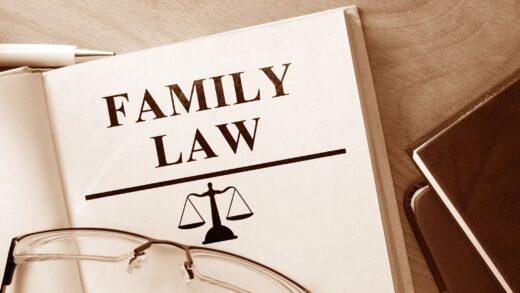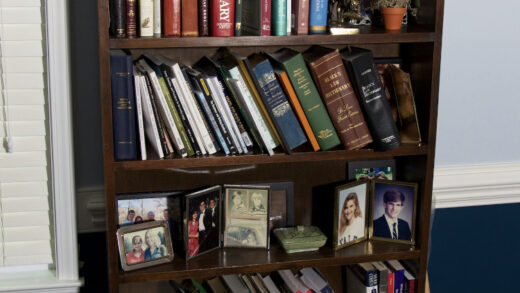I avoid criticizing the opposing counsels’ clients to them. If the other lawyer knows of the problem, reminding them of it serves no useful purpose. If the other lawyer is not aware of the problem, I prefer to save it as ammunition for mediation of trial.
During my initial consultation, I spend most of the time seeking the unfavorable facts. I tell my clients the favorable facts will handle themselves, but I must prepare for the unfavorable facts. I find my clients nearly always honest in answering three questions: Do you have a problem with alcohol or drugs, or does anyone believe you have a problem with alcohol or drugs? Have you physically abused your spouse, or is there reason to believe your spouse will claim physical cruelty? Have you committed adultery, or does anyone believe you committed adultery? When I get a positive response, the client and I begin work correcting or mitigating the problem. I have taken clients to Alcoholics Anonymous meetings. I recommend drug screens to establish present levels so future drug screens will show reduced or nonexistent levels. I counsel decent and respectful conduct toward the other party. I recommend not seeing the paramour until the divorce is final. I am sometimes harshly critical to the client about the client’s conduct.
I usually understand my clients’ mistakes, and I need no reminder of them. When another lawyer criticizes my client, I am much more likely to be defensive and angry. I am writing this post to postpone responding to a lawyer who wrote, “Unfortunately, my client and I doubt your client’s intentions in light of her recent activities and behaviors.” This criticism served no useful purpose. Despite my best efforts at self-control, it angers me, inspires me to work harder, and will probably make settlement more difficult. On reflection, opposing counsel’s negative comments may have a positive effect for my client.



